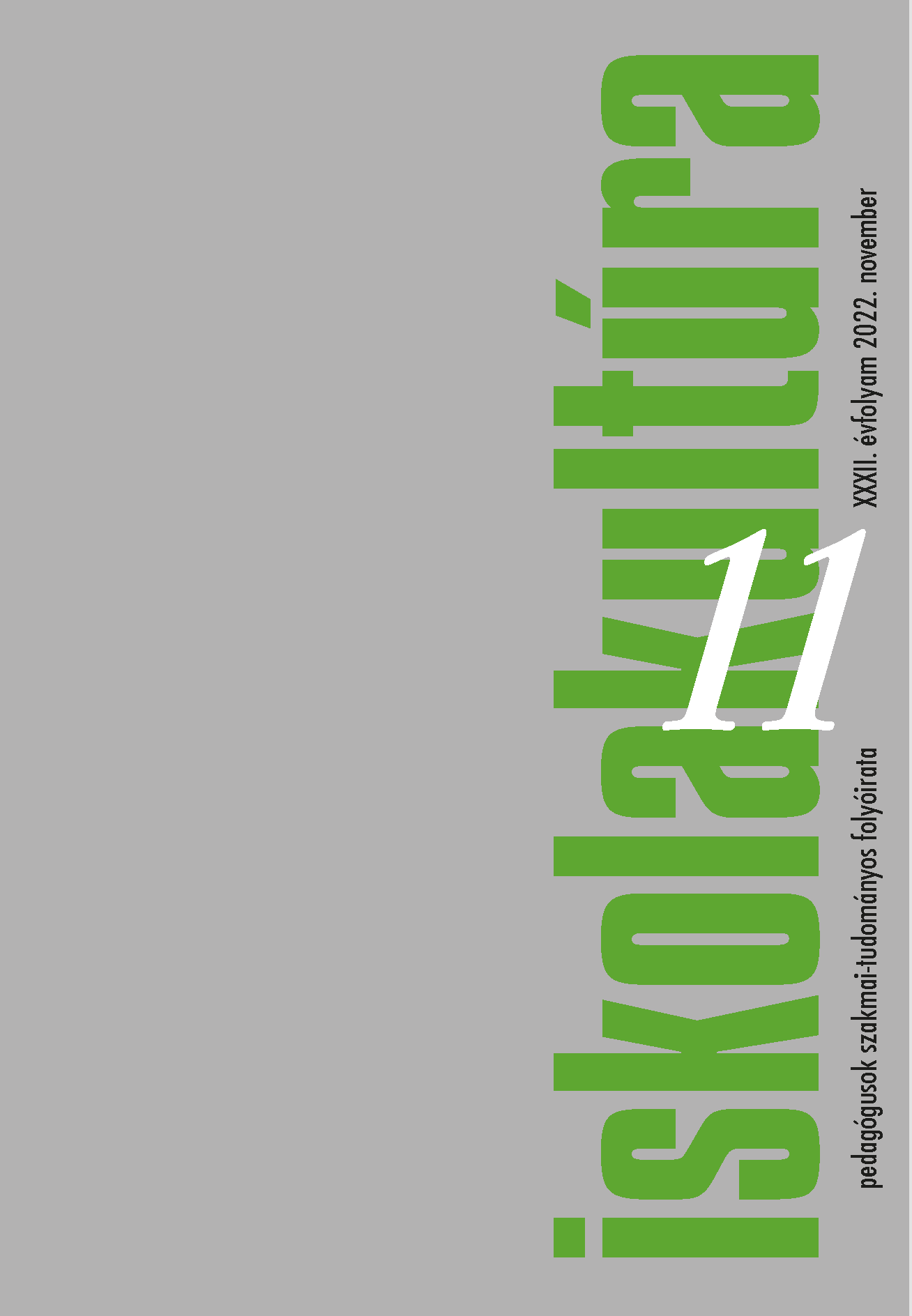How the theoretical models of metacognition can help in understanding the role of metacognitive and non-metacognitive components of arithmetic skills – a számolási készség metakognitív és nem metakognitív komponenseinek példáján
Main Article Content
Abstract
This paper examines how the theoretical models of metacognition may contribute to the field of improving arithmetic skills which is an important field of the 21st century education. Having reviewed briefly the evolution of the theoretical models of metacognition, and listing some of the unresolved issues in metacognition research we analyze what roles the theoretical and practical consequences of metacognition theory may play in understanding, assessing and improving arithmetic skills. Research on arithmetic skills formed an important field in József Nagy’s oeuvre. Both the triple-code theory of number concept and empirical research on the development of arithmetic skills can fit well with the idea that the metacognitive components of arithmetic skills have a decisive role not only in the mature, later phases of the development, but from the beginning metacognitive and non-metacognitive components play their intertwined roles in development. Although it is the field of arithmetic performance where sufficient empirical evidence has been gathered to describe the role of metacognitive components by means of the improved Nelson-Narens-model, in other skills such as reading an analogous interpretation of the balance of and the role fulfilled by metacognitive and non-metacognitive components in skill development can be provided.
Downloads
Article Details
Funding data
-
Magyar Tudományos Akadémia
Grant numbers Közoktatás-fejlesztési Projekt

